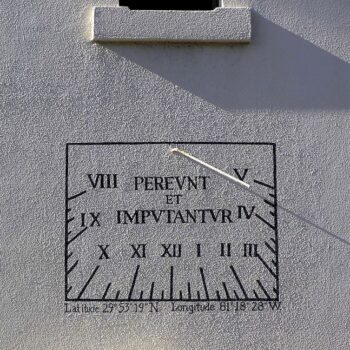
The Book Shelf: Karl Mannheim and the Sociology of Knowledge
From this initial statement, Mannheim moves on to note that “it is not men [and women] in general who think, or even isolated individual who do the thinking, but men in certain groups who have developed a particular style of thought in an endless series of responses to certain typical situations characterizing their common position.” (Mannheim, 1936 p. 3) In this statement, Mannheim is declaring something about the origins of a powerful mode of thinking — this is where the major theme of the book (“utopian thought”) comes to play. The influential thought leaders who are responsible for the dominant modes in any society are what today we would call either “change leaders” or “recalcitrant leaders” (those who resist all change).
As Mannheim suggests: “these persons, bound together into groups, strive in accordance with the character and position of the groups to which they belong to change the surrounding world of nature and society or attempt to maintain it in a given condition.” (Mannheim, 1936, p. 4) These words become particularly poignant when we come to recognize that they were written at the point in history when Hitler was taking control in Germany. It is in the mode of thought articulated and reinforced by Hitler that we find both the push for change (especially with regard to non-aryan societies) and the fervent desire to maintain existing traditions (especially with regard to German heritage).
What about the leaders whom we are coaching. Are they champions for innovation and change, or are they guardians of the organization’s traditions (or of their own personal traditions and modes of thought if you are engaged in personal coaching)? Mannheim suggests that thought leaders tend to be bound up with other people with similar ideas. This collective thought (often today called “group think”) can be very powerful, especially when group members believe that they are “right” and need to correct or convert other people to their way of thinking. These highly influential people, collectively, reinforce one another and become, as Mannheim notes, “the official interpreter of the universe.” (Mannheim, 1936, p. 15) As coaches do we get caught up in our client’s thought processes? Do we, in some way, become part of the reinforcing “group” for the powerful and influential leaders with whom we work? How do we remain “objective” in our perspectives regarding the world of our clients?
There is much more to convey in the sociological narrative offered by Mannheim regarding the sociology of knowledge, but this is probably enough to start all of us thinking about our own modes of thought and how we engage our clients in their own critical examination of untested assumptions, collusions with those who look up to them as leaders during challenging times, and the group with which they affiliate that helps to create and reinforce a specific set of beliefs and ways of thinking. And perhaps we can also look critically at our own modes of thought and our own “thought group” inside and outside the world of coaching. It is worth the effort–for the sake of our clients and for the sake of the coaching enterprise in which we are all involved and about which we all care.
_______________
Karl Mannheim (1936) Ideology and Utopia. New York: Harcourt, Brace and World.
- Posted by Bill Bergquist
- On March 11, 2016
- 0 Comment


Leave Reply